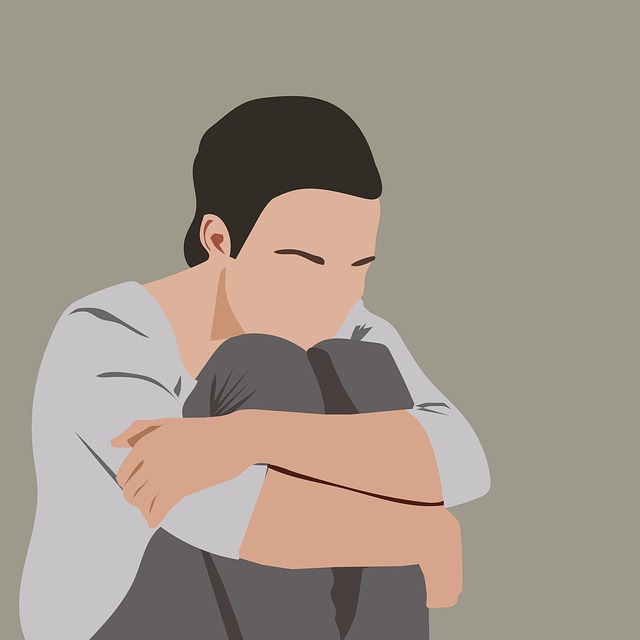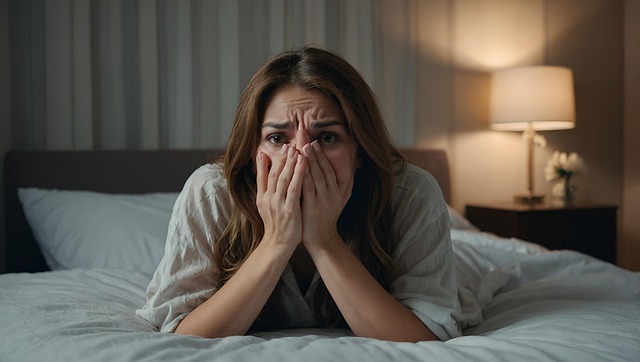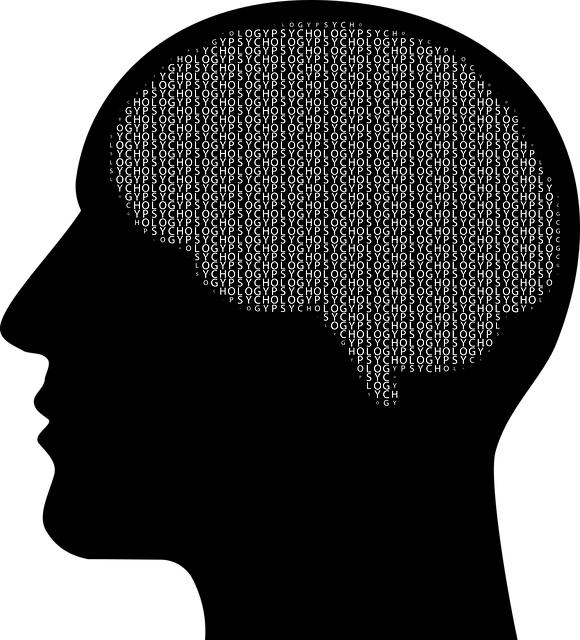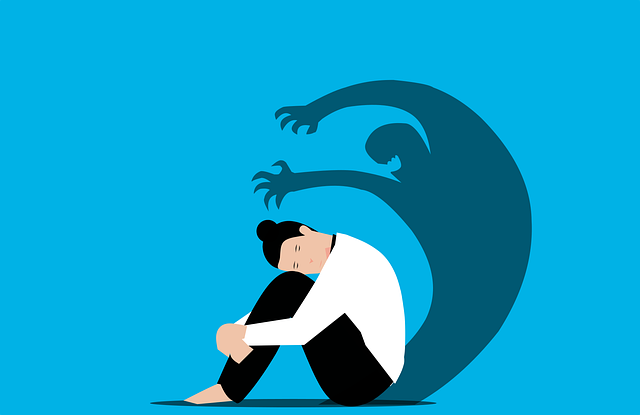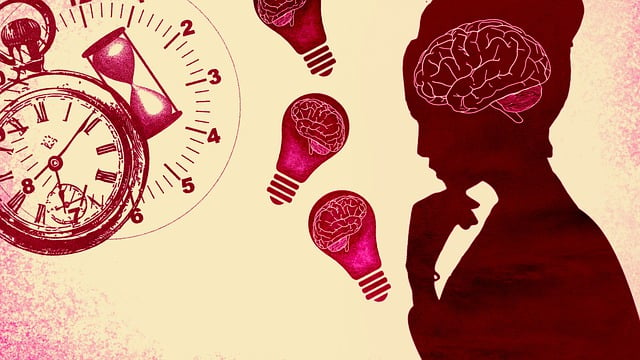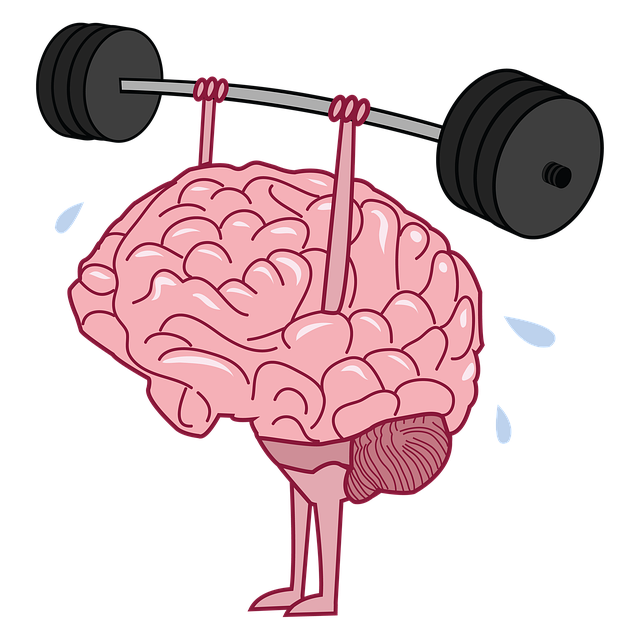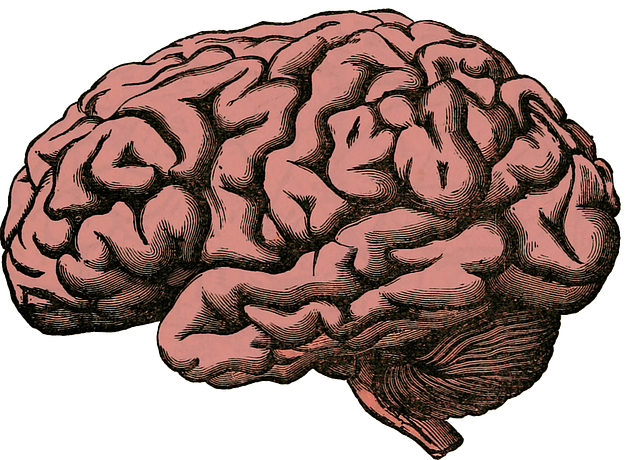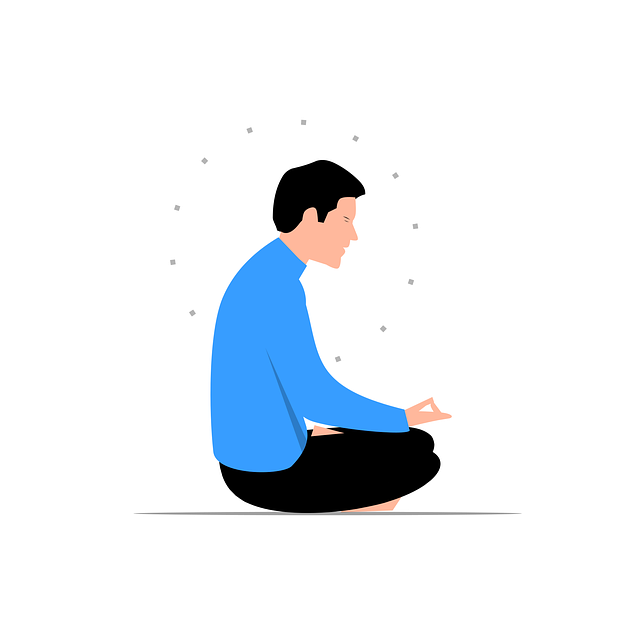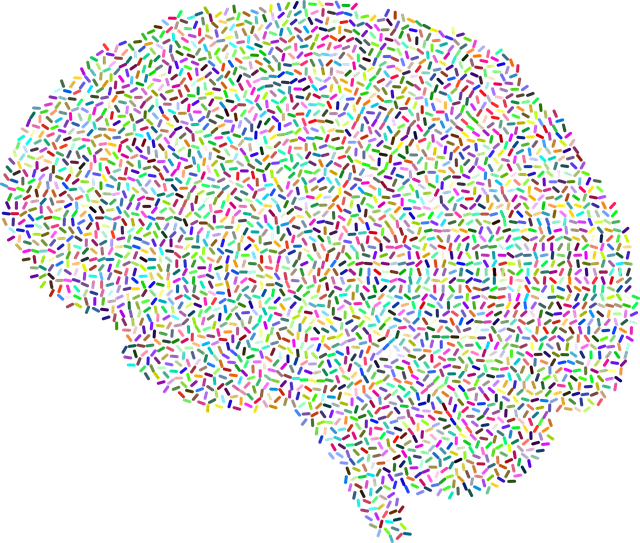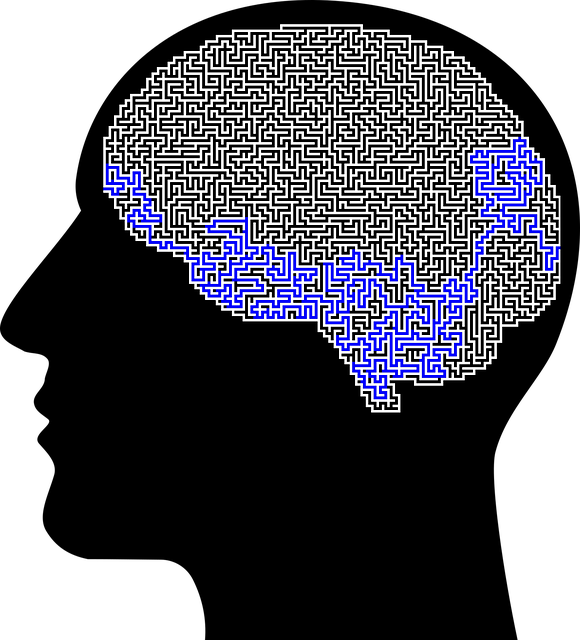Resilience is key to mental health in aging, making the RFM (Recovery, Resilience, Mastery) model vital for geriatric care. Tailored therapy based on RFM principles, including mindfulness meditation and gentle exercises, enhances emotional fortitude, reduces stress, and combats loneliness among older adults. This approach, coupled with cultural competency training and social skills development, empowers geriatrics to navigate life's challenges with enhanced mental well-being, significantly improving their quality of life. Specifically designed for therapy for adults geriatrics, RFM offers effective coping strategies targeting stress, anxiety, and depression, fostering empowerment and independence.
Resilience is a key factor in maintaining mental health as we age, especially within geriatric care. This article explores the power of RFM (Resilience, Flexibility, and Mastery) therapy in empowering older adults. We’ll delve into how understanding RFM’s relevance can enhance geriatric well-being, design effective resilience-building exercises tailored for adults, and examine the significant impact of RFM therapy on improving mental health within this demographic.
- Understanding RFM and Its Relevance in Geriatric Care
- Designing Resilience-Building Exercises for Adults
- The Impact of RFM Therapy on Geriatric Mental Health
Understanding RFM and Its Relevance in Geriatric Care

Resilience is a key component in maintaining mental health as individuals age, making the RFM (Recovery, Resilience, and Mastery) model particularly relevant in geriatric care. This approach recognizes that aging adults have unique strengths and experiences that can be leveraged to build resilience, or the ability to adapt and bounce back from challenges and stress. By focusing on recovery, which involves understanding and managing mental health conditions, as well as mastery, where individuals develop skills to navigate life’s difficulties, RFM offers a holistic framework for enhancing geriatric care.
Incorporating RFM into therapy for adults in geriatrics can significantly benefit this demographic. Given the complex interplay of physical and cognitive changes that often accompany aging, promoting resilience through techniques like mindfulness meditation can empower older adults to maintain their independence and well-being. Moreover, the design of mental health education programs tailored around RFM principles can equip both care providers and geriatric patients with the tools necessary for navigating life’s uncertainties, enhancing overall mental health outcomes. Risk assessment for mental health professionals plays a crucial role here, ensuring that interventions are not just effective but also safe and tailored to individual needs within this vital age group.
Designing Resilience-Building Exercises for Adults

Building resilience is an essential aspect of therapy for adults, especially as they age. Geriatrics often face unique challenges that can be mitigated through tailored exercises designed to enhance their coping mechanisms and overall well-being. These resilience-building activities should incorporate evidence-based stress reduction methods suitable for older adults’ needs and preferences. For instance, mindfulness meditation, gentle yoga, or walking programs have proven effective in managing anxiety and improving mental flexibility.
When designing such exercises, it’s crucial to consider cultural competency training for healthcare providers. Understanding the diverse backgrounds of geriatric clients enables therapists to incorporate inclusive activities that resonate with their participants. Additionally, social skills training can be woven into these sessions to foster connections and combat loneliness—a common issue among older adults. Through a combination of structured programs and adaptive practices, resilience-building exercises can empower this demographic, enabling them to navigate life’s challenges with enhanced emotional fortitude.
The Impact of RFM Therapy on Geriatric Mental Health

The impact of RFM (Resilience, Flexibility, and Mindfulness) therapy on geriatric mental health is profound. Designed specifically for adults in later life, this therapeutic approach empowers seniors to navigate age-related challenges with greater resilience. By focusing on building emotional fortitude, flexibility in thought processes, and cultivating a mindful awareness, RFM offers a holistic framework to enhance overall well-being. This therapy goes beyond addressing symptoms; it equips geriatrics with effective communication strategies and crisis intervention guidance, enabling them to manage stress, anxiety, and depression more effectively.
The benefits of RFM for this demographic are numerous. It helps in promoting cognitive flexibility, allowing individuals to adapt to changes and challenges that often come with aging. Moreover, the mindfulness aspect encourages present-moment awareness, which can reduce symptoms of isolation and loneliness—common issues among seniors. Through tailored exercises, this therapy fosters a sense of empowerment, enabling older adults to take charge of their mental health and enhance their quality of life.
Resilience, as a cornerstone of mental well-being, is especially vital in geriatric care. By integrating RFM (Resilience, Flexibility, and Mastery) exercises tailored to older adults, we can significantly enhance their ability to cope with life’s challenges. The discussed therapy for adults in geriatrics offers a promising approach to improving mental health outcomes by fostering adaptability and personal growth. This innovative strategy not only empowers seniors but also contributes to a more vibrant and fulfilling later life.


